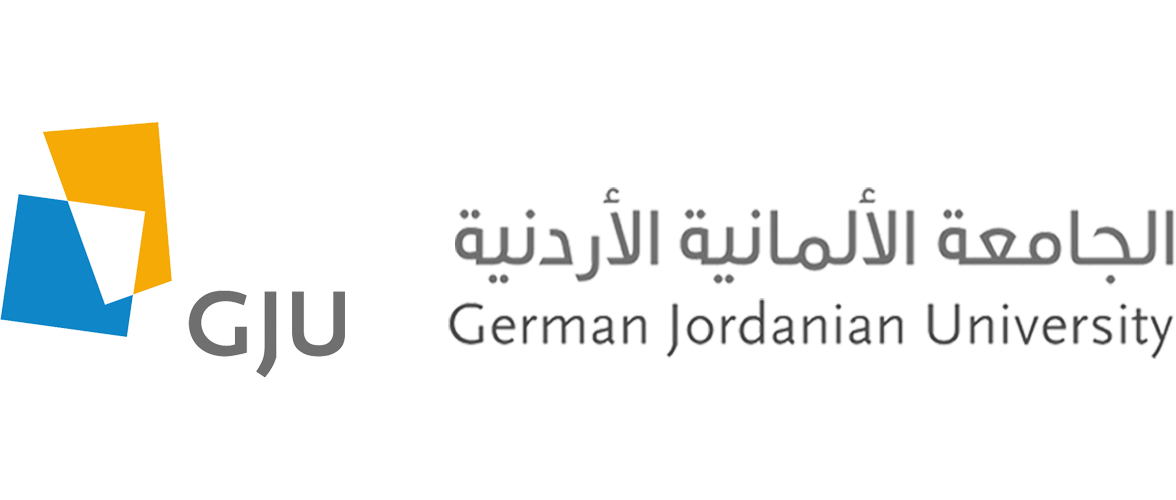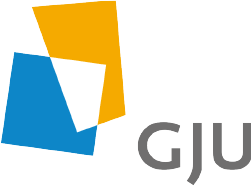FAQs
What is Computer Science (CS)?
Computer Science is the study of computation, automation, and information. Computer science spans theoretical disciplines (e.g., algorithms and theory of computation) to practical disciplines (including implementing a web or mobile application). When studying computer science, students will learn how to implement software applications and systems which serve people and solve real problems in human life. As witnessed during pandemic times (e.g., COVID-19), the applications and systems developed by pioneers in the information technology sector were prominent to seize the pandemic consequences on our life and work.
In computer science, students will take courses related to different fields, including programming languages, algorithms and theory, databases, software engineering, computer graphics and visualization, computer vision, artificial intelligence, computer security, networks, and computer systems.
What is the difference between computer engineering and computer science?
Computer Science is expected to work on the software level, developing and maintaining applications and programs, while Computer engineering is more related to the hardware aspect of building computing devices. However, these fields are often tightly interconnected.
How many credit hours should students take to get a bachelor's degree in computer science?
The number of credit hours for the bachelor's program in computer science is 145 credit hours.
How much is the credit hour fees for the CS program?
The fees are JD100 per credit hour for the bachelor's degree in computer science. More information regarding the fees can be found here.
What are the available tracks for the CS program?
There are currently three tracks available for the bachelor's program in the CS department. These tracks are:
- The General Track
- Data Science Track
- Cybersecurity Track
For any of the above, students can optionally choose enrollment in Dual Studies.
The difference between the tracks is in some courses specifically tailored to the respective track. The Study plans for the bachelor's degree can be found here.
Are there any industrial certificates I can gain from the CS program?
Some of the courses offered in the CS program prepare the students to acquire certificates from well-known industrial companies, such as Cisco, Red Hat, and Huawei. The material for the exam is covered in the respective courses, and students can get discounts (up to 100%, depending on the course) when applying for industrial certificates.
Is the German year obligatory for CS students?
Yes. The German year is obligatory. CS students usually spend their third or fourth year in Germany.
What is expected from the students during the German year?
A student must study for one semester in a partner university and work for another semester as an intern in the industry. While studying at a German partner university, the student must take 4 courses (equivalent to 12 credit hours). Meanwhile, a student must spend a period of six months in a company in Germany as an internship. More information about the German Year can be found here.
What are the potential companies for German Year training for the CS students?
Some of our students did their internships at well-known companies such as Mercedes-Benz, AIRBUS, Siemens, BOSCH, and many more. A list of some of the industrial partners can be found here.
What are the partner universities in Germany for the CS students?
A list of the academic partners can be found here. The list includes well-known universities such as Berlin HU, Darmstadt HS, and Bremen HS.
Should a CS student do field training in Jordan?
In addition to the required international internship in Germany, a student must work in a company in Jordan for 160 hours (either eight hours daily for four consecutive weeks or four hours daily for eight consecutive weeks). To be eligible for field training in a local company, you must finish at least 90 credit hours in your study plan (with less than 90 credit hours, you cannot do field training based on the ministry of higher education regulations. To do field training in a company, a student must take a documented approval (by email) from the chair of the computer science department, and the student can look for a company in the information technology industry (examples of such companies are provided by int@j). Also, the student cannot do field training while enrolled in an academic semester; hence, the student has the following option for doing field training: a) between the first and second semesters, b) between the second and summer semesters, c) between the summer and first semester, or d) during the summer if the student is not enrolled in that summer semester.
Note that finishing field training in Jordan is mandatory before a student goes to Germany.
What are the research interests of CS faculty?
The faculty members in the computer science department have a variety of research interests. Their research interests include big data, systems performance, data privacy, information security, recommender systems, semantic web, social network mining, computation intelligence, data mining, bioinformatics, geospatial databases, multimedia databases, multimedia, computer vision, cloud computing, and clustering networks. More information about the research interests of the department faculty members can be found here.
Is there an available financial assistance for the CS students?
Different financial assistance programs are available for students to apply for. These programs include the Ministry of Higher Education Scholarship, Student Employment, and Project grants. More details on the available financial assistance programs for undergraduate students can be found here, And for Master's students here.
What are the potential job titles for the computer science graduates ?
- General Track: Software Developer, Web developer, Mobile Application Developer, Game Developer, Software Engineer, Full-Stack Developer, Database Administrator, Cloud Computing Engineer, Software Architect, Artificial Intelligence Engineer, Software Tester, Information Technology Specialist, Software Quality Assurance Manager, Systems Analyst, Project Manager, Network Architect, Computer Science Researcher.
- Data Science Track: Data scientist, Data Analyst, Artificial Intelligence Engineer, Machine Learning Engineer, Software Developer, Web developer, Software Engineer, Full-Stack Developer, Database Administrator, Cloud Computing Engineer.
- Cybersecurity Track: Information Security Analyst, Chief Information Security officer, Software Developer, Web developer, Software Engineer, Full-Stack Developer, Database Administrator.
Why Choose the CS program at GJU?
The CS program at GJU offers a variety of experiences related to the industry, such as the German Year internship, the Dual Studies tracks, courses that lead to industrial certificates, local field training, and graduation projects in collaboration with the industry. The study plan for a bachelor's degree in computer science is tailored based on the industry needs. In particular, the study plan includes multiple attractive courses as listed below.
|
Object-Oriented Programming |
Database Management Systems |
Artificial Intelligence |
|
Theory of Algorithms |
Web Technologies |
Image Understanding |
|
Data Structures |
Mobile Computing |
Computer Graphics |
|
Visual Programming |
Software Engineering |
Information Security |
|
Systems Programming |
Compiler Construction |
Computer Networks |
|
Data Mining |
Big Data |
Ethical Hacking |
|
Cryptography |
Digital Forensics |
Operating Systems |
Also, most of the study plan courses are associated with labs that enable students to practice what they learn in class with a guidance of a teaching assistant. Moreover, GJU classrooms typically includes 20-30 students; hence establishing a friendly learning environment.
As a CS student, can I do my Senior Project 2 in the German year?
The German year usually consists of two semesters. If you plan to register for Senior Project 2 in the German year, you should take it in a 3rd semester as explained below.
- In the first semester, when you are enrolled in a German partner university, you have to register for only the elective courses.
- In the second semester, you have to be interned in a company.
- After finishing your internship, you should request extending your stay in Germany for a third semester to do your graduation project in a German partner university or a company in the German industry. Your request must be approved by your school, the international office at GJU, and the host university or the host company. During this semester, you must have two supervisors (primary supervisor: a mentor in the company, secondary supervisor: a faculty member from the CS department).
Note that you are not allowed to register any courses with your graduation project, nor doing internship in parallel, meaning you will have to register only graduation project during the third semester.
The attached document includes the regulations for doing the graduation project in Germany.

